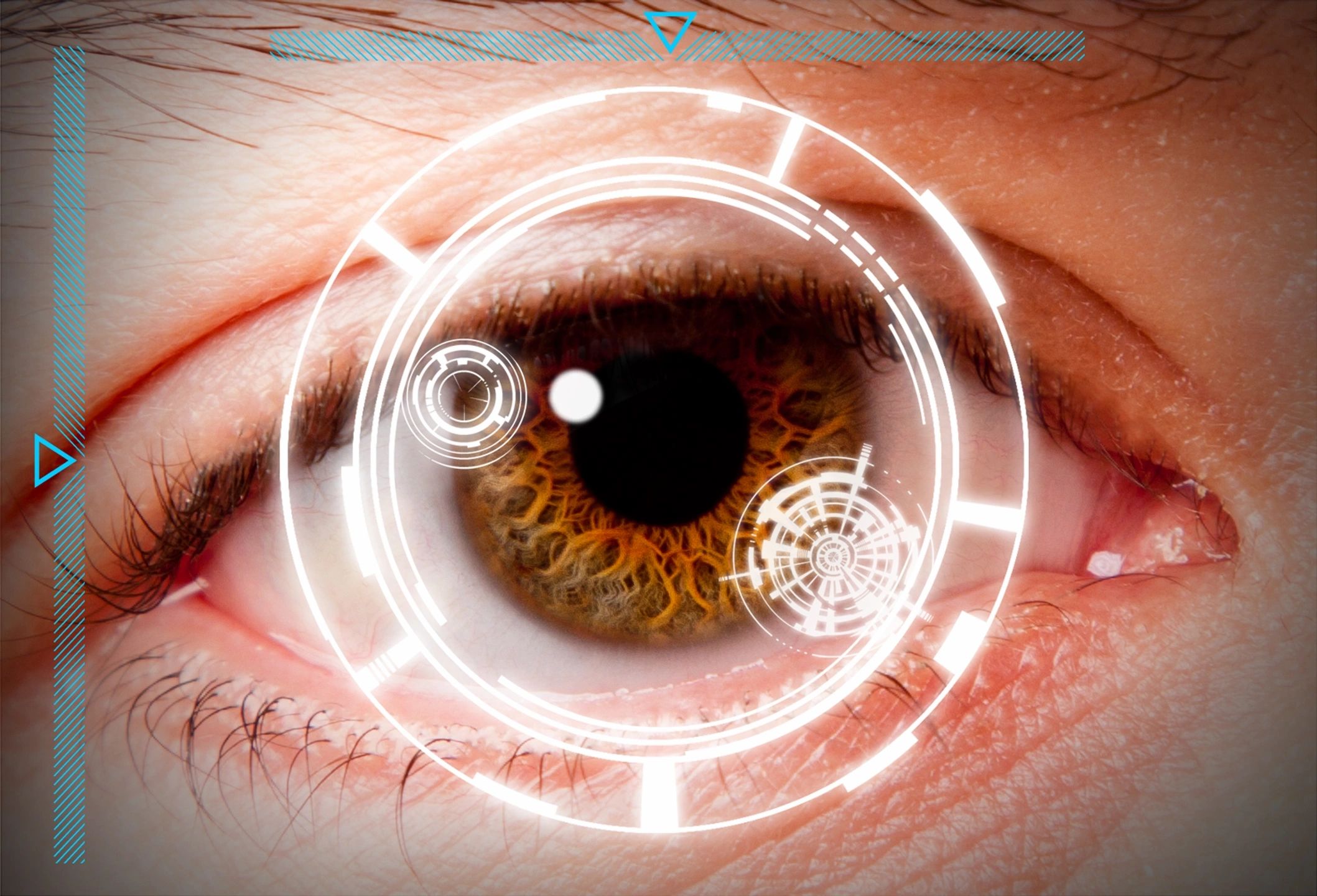INTRODUCING PROBIOTIC HX IMMUNE~GUT AND IMMUNE SUPPORT
By: Allie Might, FMC, INHC, ATT
We all know about the benefits of a probiotic. Whether you know about it through a healthcare or wellness provider or from commercials and advertisements, it’s rather familiar to us all. However, how do you choose the right one for your specific needs? Well, let’s explore my new favorite option, PROBIOTIC HX IMMUNE, and how it can be beneficial.
Let’s take this opportunity to get an understanding on what this product can do, as well as the benefits of the ingredients within this new formulation. Each capsule contains Vitamin D, Zinc, FOS and a blend of four healthy bacteria strains. One of my favorite things about Probiotic Hx Immune is that it can be taken as a standalone part of any supplement regimen, but also as a compliment to the original Probiotic Hx.
One of the reasons Probiotic Hx Immune is so beneficial is because it not only helps to support the immune system, but also supplies the gut with the healthy bacteria it needs. A healthy gut is so important for the immune system because 70-80% of the immune system is housed within the gut.
Vitamin D is most often associated with bone health, but it is so much more. One of the things it does is help support the immune system. A study from The National Library of Medicine: National Center for Biotechnology Information titled ‘The Effects of Vitamin D on Immune System and Inflammatory Diseases’ shows how important this vitamin is to the immune system and why it’s necessary to maintain a healthy and optimum level. It’s been shown that those that are deficient in vitamin D can be of greater risk for illness and disease. Optimal vitamin D levels are said to be between 30-80 ng/ml, however many holistic practitioners recommend levels of 50-80 ng/ml for optimal wellness.
Zinc is the go-to for many when they aren’t feeling well. How many times have we heard “oh, you have a sore throat or a cold…have a zinc lozenge.”? This is such a true statement and one that many follow, whether they are regular supplement users or only use supplements once in a while. Vitamin D has been shown to help the body to fight germs, therefore helping to shorten such common ailments like colds, coughs, sore throats or the flu.
Fructoligosaccharides (FOS) is a sweetener and is considered to be a great prebiotic…it’s also safe for diabetics as it don’t effect blood sugar levels. A prebiotic is important as it helps feed and support the healthy bacteria in the gut. Due to FOS acting as a food source for the probiotic to flourish and allow the bacterial strains to be shelf table without the need for refrigeration.
Lactobacillus Acidophilus is a common, well-known probiotic and typically the one everyone thinks of when the subject of probiotics are discussed. This strain is used by the body to help regulate the immune system and help to decrease the ability of germs or microbes grow in the gut. Lactobacillus Acidophilus is also often recommended for those on antibiotics, IBS, H. pylori, acne and some seasonal allergies just to name a few.
Lactobacillus Casei serves double duty for us, as it’s used in making certain foods like yogurt and some cheeses, as well as helps the body internally. This strain has been shown to help stimulate the immune system which makes us less susceptible to viruses, colds and the flu. It also works to decrease candida overgrowth, respiratory infections and some allergies. Lactobacillus casei is also necessary to maintain good gut health by aiding in the breakdown and absorption of food.
Lactobacillus Rhamnosus issued in the gut to help breakdown food, as well as produce vitamin B12 and vitamin K. This strain is responsible for creating a barrier against harmful bacteria, keeping them from feeding and multiplying. They also help to activate they body’s immune system for proper response when “invaded”. Lactobacillus Rhamnosus has been shown to assist in the management of inflammation making it very helpful for those with such digestive issues such as IBS, ulcerative colitis, constipation and diarrhea. Even those that tend to be prone to experiencing gas and bloating can benefit from this incredibly useful probiotic strain.
Bifidobacterium Longum compliments the three lactobacillus strains we’ve discussed. It also aids in digestion and the absorption of nutrients needed for the foods we consume. It has been widely studied and is effective in those suffering from inflammatory bowel disease, colitis and Crohn’s disease by helping to reduce inflammation within the digestive tract. Bifidobacterium Longum also boosts immune response and increases cardiovascular health, particularly in those with elevated cholesterol levels.
As you can see, Probiotic Hx Immune is a powerhouse supplement for anyone. The benefits are wide-ranging and let’s be honest….we all want a strong immune system. I hope you like this new blend as much as I do!
pubmed.ncbi.nlm.nih.gov/33803407/
www.ncbi.nlm.nih.gov/pmc/articles/PMC8615708/
www.ncbi.nlm.nih.gov/pmc/articles/PMC5748737/
health.clevelandclinic.org/zinc
www.medicalnewstoday.com/articles/319299#Other-benefits-of-FOS
www.ncbi.nlm.nih.gov/pmc/articles/PMC9879625/
www.ncbi.nlm.nih.gov/pmc/articles/PMC9668099/
www.webmd.com/vitamins/ai/ingredientmono-790/lactobacillus-acidophilus
probiotics.org/l-casei/
www.webmd.com/vitamins/ai/ingredientmono-1670/lacticaseibacillus-casei
pubmed.ncbi.nlm.nih.gov/30741841/
www.webmd.com/digestive-disorders/what-to-know-about-lgg-probiotic








